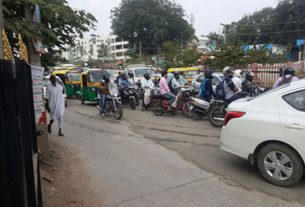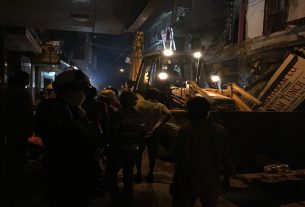The statistics from Bangalore Mediation Centre shows that over the period of ten years from 2007 to 2017, 65 per cent of the total 56759 court cases are settled through mediation.
Bangalore, April 12, 2018: Most cases referred for mediation were solved with a 65 per cent success rate at Bangalore Mediation Centre (BMC). Statistics show that over a decade out of 44385 cases that were mediated 35570 cases were settled. These included family, matrimonial, property and other such disputes.
Since the establishment of the Bangalore Mediation Centre by the High Court of Karnataka in 2007, only 18 per cent cases were returned to the court and four per cent are pending mediation. Mediation was adopted by the High Court of Karnataka to lower the burden of pending cases in court.
In 1999, Section 89 was incorporated in the Code of Civil Procedure 1908, by the Indian parliament and used as an alternative dispute resolution (ADR) including mediation.
In one such instance recently, Supreme Court with the help of mediation solved a long pending dispute between the ‘two wives’ of deceased police constable Javara Naika. The ten-year-old dispute was related to claim of death benefits and compassionate appointment and was referred to the Bangalore mediation centre.
Mediation is a negotiation process where the disputes amongst parties are solved with a trained and neutral third party. The purpose of mediation is active and direct communication between the parties to reslove and settles the dispute outside the legal boundaries.
Ms. Laila Ollapally the former coordinator of BMC, and founder of Centre for Advanced Mediation Practice in Bangalore said, “Usually when a case is reported in adversarial system, the parties and lawyers act as opponents and the judge decide wrong and right. There is a lot of anger and blame involved in the process and the outcome will decide one as winner. The average time period of a case in adversarial process is 10-15 years and there are collateral damages involved. There is a need for a kinder dispute resolution process which doesn’t multiply the issue.”
“The BMC is for the cases which are already in the court and private mediation aims at avoiding the litigation process. They use intelligent negotiation techniques which can accommodate needs of both the parties that will eventually remove blame, justification and vindication from the process. Private mediation centres are bases where parties can seek help even before becoming a part of an adversarial process. Private mediation space provides more specialised service because the set up is smaller and customized,” added Ollapally.
The data from BMC shows that 476 couples reunited thanks to mediation and 6885 connected cases were also solved during the mediation process. The average time spent per case is 146 minutes with a team of 113 mediators at BMC. Also, 35 per cent of the total referred cases were not settled through mediation.
Ms. Laila Ollapally said, “Governmental mediation is a voluntary service whereas private mediation is a paid service. If mediation continues to be a free service, people of excellence will find it difficult to commit their profession to mediation and there is a need for it to professionalize. Mediators should be able to earn their livelihood from the mediation.”



